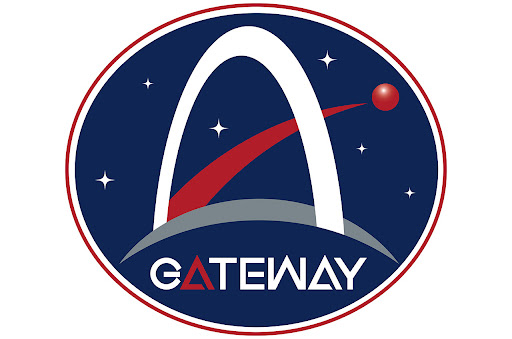Part 4 of 4 Parts (Please read Parts 1, 2 and 3 first)
In a surprise move in May of 2020, NASA announced that it planned to send actor Tom Cruise and Director Doug Liman to the ISS to shoot a movie. Jim Bridenstine was the NASA administrator when the plan was announced. He said, “We need popular media to inspire a new generation of engineers and scientists.”
Now it appears that the Russians are determined to be the first to film a movie in space. Shortly after Bridenstine announced NASA plans, Rogozin concocted his own plan to send actress Yulia Peresild and director Klim Shepenko to the ISS to shoot a thriller that Rogozin would co-produce.
The Russian production is scheduled to begin in October, right before Cruise and Liman arrive. Rogozin’s obsession to make a movie in space and do it first was reportedly the final straw for Sergei Krikalyov who is a famous former cosmonaut working under Rogozin at Roscosmos but he objected to his boss’ ambition to make a film.
Krikalyov’s objects led to his being demoted by Rogozin according to a report in the newspaper Novaya Gazeta. If Rogozin is worried about the safety and reliability of his spacecraft, he is certainly not displaying his concern. If the report in the Gazeta is accurate, he is not reluctant to punish dissent.
NASA needs Roscosmos’ presence on the ISS. The Russians effectively own one half of the space station. They also provide vital services to the other half. But the ISS will not be in the service of national space programs much longer. The U.S. wants to extend the mission of the aging space station out to 2030 before turning it over to private operators.
After 2030, NASA intents to shift its attention to a new space station called the Lunar Gateway. This station would fly around the moon in a wide orbit that would allow it to provide support for a new generation of lunar explorers and also function as a staging base for a possible future mission to Mars. NASA is enlisting the usual foreign space agencies to help out with the Lunar Gateway with one possible big exception. It appears that Roscosmos will not be invited to participate.
It is not that NASA would not like to keep working with the Russians, all things being equal. It is one rare area where the U.S. and Russia are not rivals. Bill Nelson is the current NASA administrator. He said, “We are partners in space, and I don’t want that to cease.”
However, the sad situation at the Russian space agency and Rogozin’s refusal to admit that there are problems and fix them, might force Nelson’s hand. Logsdon said, “Going forward the stresses in the partnership suggest that it will not last in coming years.”
Even if the Russians do join the Lunar Gateway project, they will not occupy half of the station as they do on the ISS. Burbach said, “If Russian hardware isn’t reliable, or even safe, that probably reduces their leverage.”
It is not simply that the U.S.-Russian relationship is fraying as Russia moves deeper into authoritarianism, invades its neighbors and interferes in foreign election. For the U.S., breaking up with Russia in space missions is also a matter of safety.
